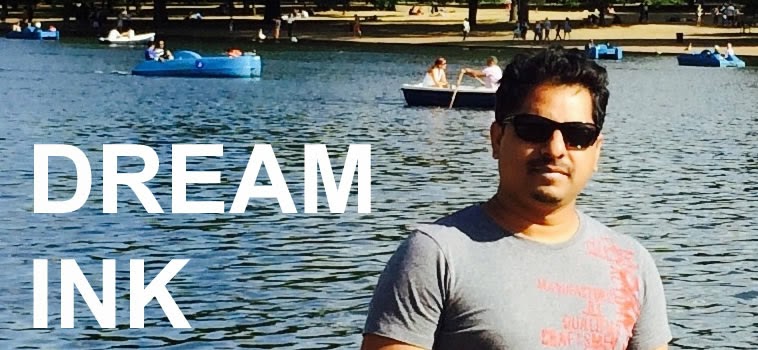In India, because there is a large, educated young population, even if only a few people are reading, it looks like a big market. There is a lot of excitement about this market, aided by the constant rise of new writers (mini-celebs) but most others feel the frustration. A friend of mine recently wrote to me:
"The more I interact with editors etc here and see the kind of new authors getting published, it seems to me that publishing fiction is a totally commercial venture. A 'product' is packaged for marketing, depending on what the publisher thinks will sell. A couple of professional editors candidly told me that many of these new writers submit manuscripts with major anomalies in plot, characters etc, and dont care about changing names of the hero halfway through the story even. I also get the feeling that the Indian scouts want ad jingles and blurbs, the catchier the better. They dont seem to have the patience to carefully read two pages of real writing.
Dwindling attention spans, I'm afraid."
I think this dwindling attention span thing is true, at least in the case of most readers/should-be readers today. I am sure you know about the theory of fractured attention. Google it if you don't.
Apparently, something nasty (am being lazy here) is happening in America in this regard. Let me quote this piece of fact from The New Yorker: "Americans are losing not just the will to read but even the ability. According to the Department of Education, between 1992 and 2003 the average adult's skill in reading prose slipped one point on a 500-point scale, and the proportion who were proficient -- capable of such tasks as "comparing viewpoints in two editorials" -- declined from 15% to 13."
Not just that, here is one more terrible piece of stats: Only 40%of the people in the U.S. read one book or less last year. But in reality, it could be even less: say 27%, argues Mike Elgan. But there is something far more worrying.
In Will cell phones save books? Mike Elgan says: "To me, even more alarming than the loss of reading skill -- and probably related to it -- is that many young people have lost interest in books."
Moot point:
I don't have the data to back this up, but I'm convinced that young people today are reading more than any other generation in history. By that I mean they're passing their eyes over and "processing" more words. But the words are coming in the form of IMs, text messages, blogs, social networking messages and other nonbook material. They gravitate to this not because it's trash, but because it's participatory. They're reading as part of a dialog that involves writing.
"Literacy" isn't about passively reading, it's about reading and writing. If we want to increase the reading of books, we'll need to figure out how to increase the writing of books, especially novels.
More
How? What do you think?

No comments:
Post a Comment